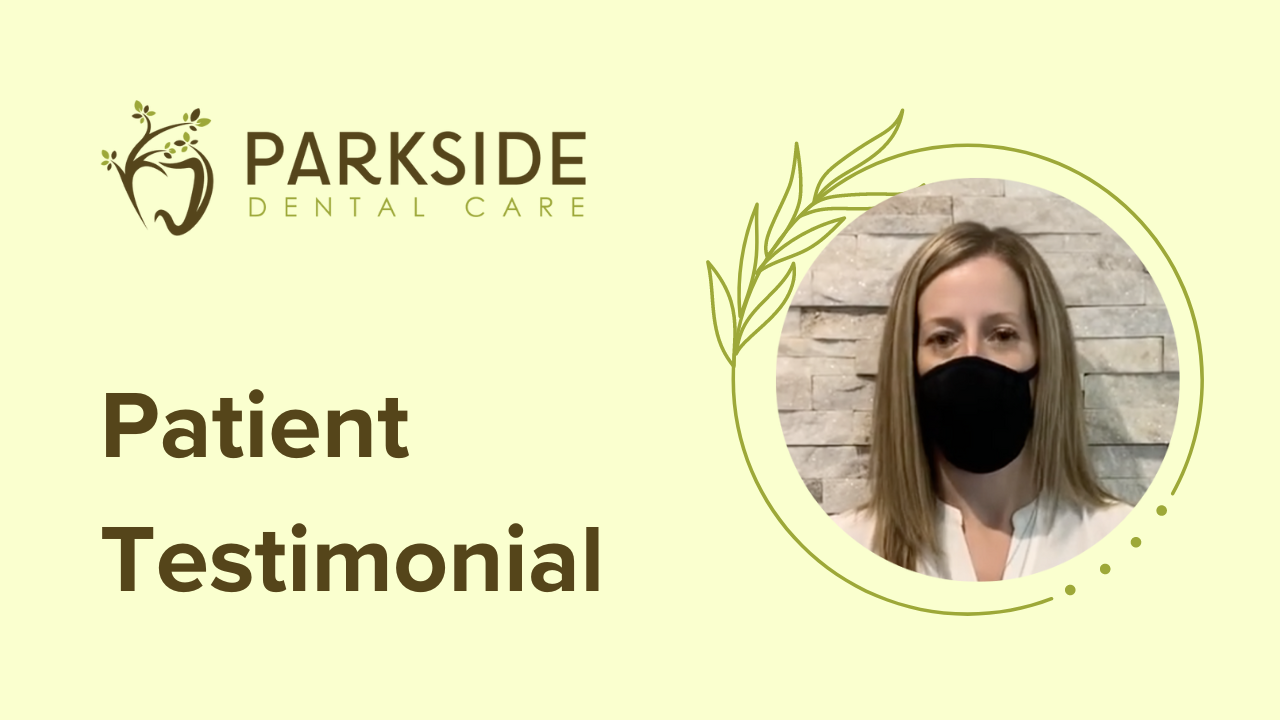
How Does Dental Bonding Work?
Dental bonding is a cosmetic dental procedure that involves the application of a tooth-coloured composite resin material to the teeth. The process starts with the dentist preparing the tooth surface by applying a mild etching solution. The composite resin is then applied, shaped, and molded to correct imperfections such as chips, cracks, or discolouration. A special light is used to harden and bond the resin to the tooth surface. Finally, the bonded tooth is polished to achieve a smooth and natural appearance.
How does Dental Bonding stand out?
When it comes to restoring your teeth or achieving your desired smile, there is a wide range of available options. The most suitable choice for you depends on your individual needs. During your appointment, we will gladly provide a thorough discussion of all available options, outlining the advantages and disadvantages of each. We want to ensure that you can make an informed decision. With that said, let’s explore some of the benefits specifically associated with dental bonding:
Swift and Comfortable
Unlike fillings or dental veneers, dental bonding typically requires minimal to no drilling or removal of natural tooth structure. This means that the bonding procedure is often painless as very little, if any, of your tooth needs to be prepared beforehand.
Cost-effective
While treatments like dental veneers and orthodontics involve a higher cost due to their comprehensive nature, it’s important to note that these options are tailored for more extensive and transformative changes. They require personalized treatment plans and greater complexity. However, when it comes to minor alterations involving a few teeth, dental bonding offers a straightforward and cost-effective solution.
Reversibility
Unlike some other treatments, dental bonding is reversible. If desired, the bonded material can be removed, and alternative options can be explored in the future.
Step-by-Step Guide to Dental Bonding
Regardless of whether you’re seeking dental bonding for restorative purposes or purely cosmetic reasons, the process remains consistent. During your dental bonding appointment, here’s what you can anticipate:
Tooth Preparation
The initial step involves safeguarding the neighboring teeth using a thin plastic film known as a dental matrix. This protective matrix is gently inserted between your teeth, shielding the adjacent tooth from any contact with the preparation gel or composite resin. Subsequently, the dentist meticulously cleans and dries your tooth before applying a mild acidic gel for a brief period. This gel serves to create a rough surface on the tooth, facilitating optimal bonding of the dental material.
The Application of the Composite Resin
After cleaning away the acidic gel and ensuring the tooth is dry, the dentist proceeds to apply the composite resin. Carefully selecting a resin shade that matches your natural teeth, they layer the composite resin onto the tooth. To achieve optimal strength and durability, each layer is cured using a special blue light. This curing process hardens the resin, ensuring a robust bond and a natural-looking finish.
Dentist Performs the Finishing Touches
Following a bite check, your dental bonding procedure is considered finished. As a final step, the dentist will provide a quick polish to your tooth, resulting in a beautiful and natural appearance. You might even find it difficult to remember which tooth was repaired. A note will be made in your dental chart, ensuring that during future exams, the dentist pays special attention to the bonded tooth, checking for any signs of wear or damage.
What does a Dental Bonding In Newmarket Cost?
Since dental bonding is used for a wide range of reasons, providing a precise estimate without assessing your needs and examining your teeth is challenging. However, generally, the cost for dental bonding ranges from approximately $300 to $600 or more per tooth without insurance coverage. Most dental insurance plans typically cover dental bonding, especially when it is required to restore a broken or damaged tooth. With insurance, you can expect to pay around $60 to $120 out of pocket.
Several factors influence the cost of your dental bonding treatment, including:
- The number of teeth requiring bonding.
- The need for new x-rays, if necessary.
- The amount of composite resin needed to complete the treatment.
- The location of the teeth in question within your mouth.
- Your current oral health condition.
Keep in mind that an accurate quote cannot be provided over the phone. We highly recommend scheduling an examination with our dental team, as we would be delighted to offer an in-person evaluation and provide you with a precise quote. This will enable you to make an informed decision based on your final costs.
Contact us today
to schedule an initial consultation & exam.
Your consultation will include an examination of everything from your teeth, gums and soft tissues to the shape and condition of your bite. Generally, we want to see how your whole mouth looks and functions. Before we plan your treatment we want to know everything about the health and aesthetic of your smile, and, most importantly, what you want to achieve so we can help you get there.

Winner Of The Three Best Rated Award
Dr. Chiang is the winner of the 3 Best Rated award for Best Dentists in Newmarket.
Frequently Asked Questions
Dental bonding is a non-invasive and relatively quick procedure compared to other treatments like veneers or crowns, as it requires minimal tooth preparation and can often be completed in one visit.
The duration of a dental bonding procedure depends on the number of teeth being bonded and the complexity of the case. On average, it takes about 30 minutes to 1 hour per tooth.
To maintain the longevity of your bonded teeth, it’s important to practice good oral hygiene, including regular brushing, flossing, and routine dental check-ups. Additionally, avoiding habits like biting your nails or chewing on hard objects can help prevent damage to the bonded teeth.
With proper care and maintenance, dental bonding can last between 5 to 10 years. However, the lifespan can vary based on individual factors such as oral hygiene habits and biting/chewing habits.
Dental bonding is effective in addressing minor cosmetic issues such as chipped, cracked, or discoloured teeth, as well as closing small gaps or reshaping teeth. However, for more extensive or structural problems, alternative treatments may be recommended.









